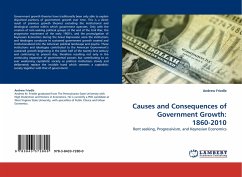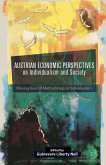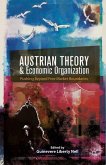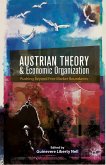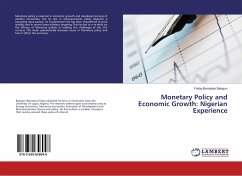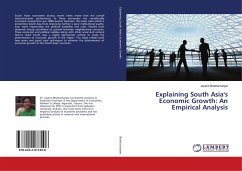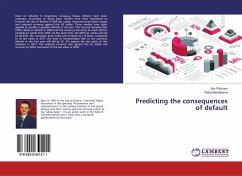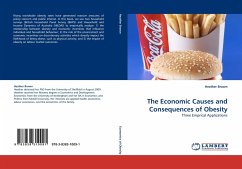Government growth theories have traditionally been only able to explain disjointed portions of government growth over time. This is a direct result of previous growth theories excluding the institutional and ideological context within which government operates. Only with the creation of rent-seeking political groups at the end of the Civil War, the progressive movement of the early 1900's, and the promulgation of Keynesian Economics during the Great Depression were the institutions and ideologies conducive to sustained government growth created and institutionalized into the American political landscape and psyche. These institutions and ideologies contributed to the American Government's sustained growth beginning in the latter half of the twenty-first century and continuing to present day; therefore resulting not only in the continuing expansion of governmental powers but contributing to an ever weakening capitalistic society as political institutions slowly and deliberately replace the invisible hand which cements a capitalistic society together with that of government.
Bitte wählen Sie Ihr Anliegen aus.
Rechnungen
Retourenschein anfordern
Bestellstatus
Storno

